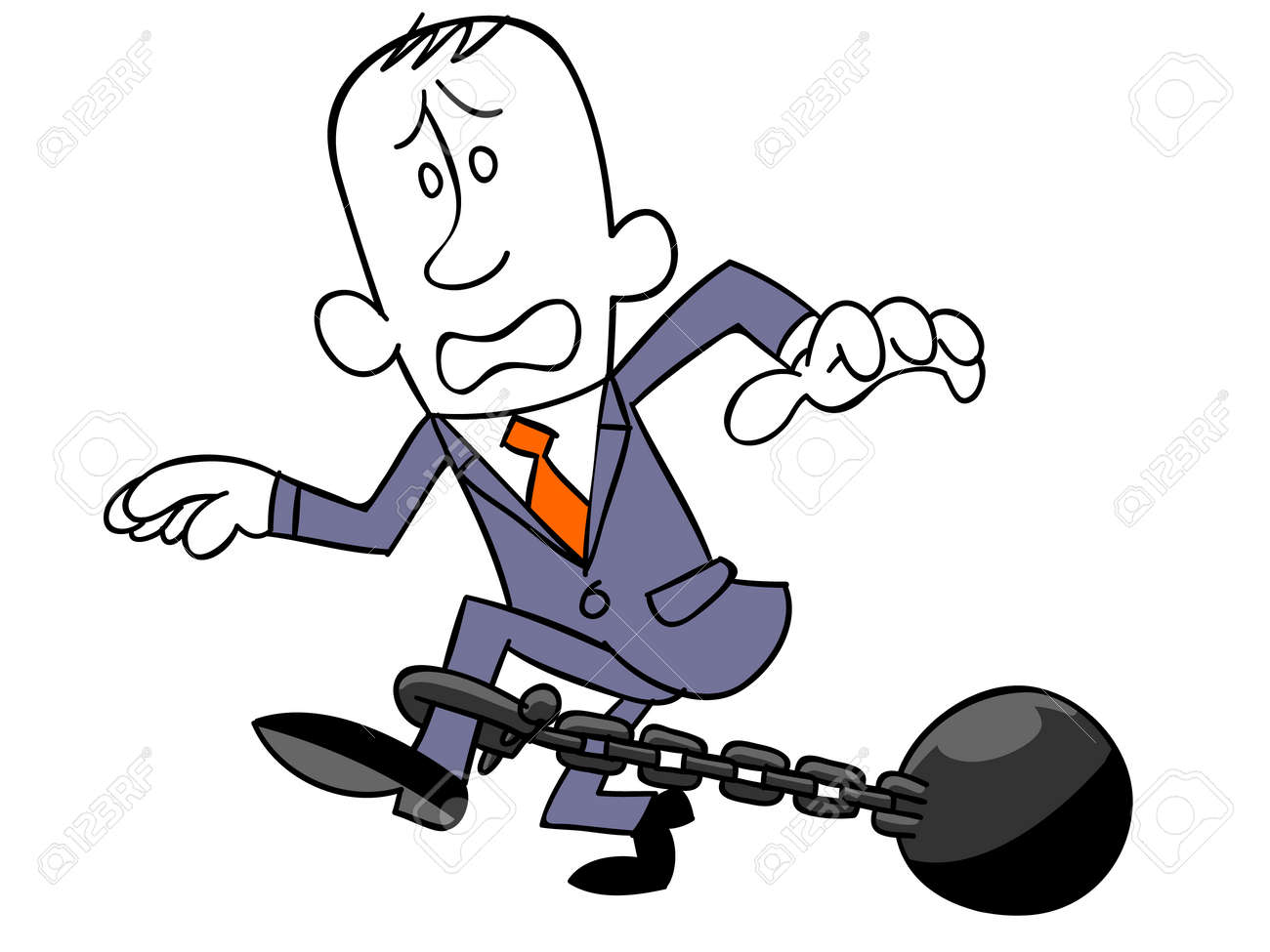That's a million dollar question? Unfortunately, there is no single answer. Honesty is at best personal inclination to be true devoid of any expectation in return. One has to have earnest desire of being honest. It should be like a habit.
Childhood stories, examples showcased by elders at home, school etc. can have far reaching consequence on shaping one's character. Lessons of life is the best teacher.
Still, there are measures which can be taken at individual level, societal level and at institutional level to promote honesty in our societies. This requires following interventions :
Individual level :
Childhood stories, examples showcased by elders at home, school etc. can have far reaching consequence on shaping one's character. Lessons of life is the best teacher.
Still, there are measures which can be taken at individual level, societal level and at institutional level to promote honesty in our societies. This requires following interventions :
Individual level :
- Reading biography of the likes of Mahatma Gandhi
- Minimalism: Minimizing our wants/greed and if not, then ensuring that we always adopt right means to achieve our wants.
- Willingness to inquire about consequence of being dishonest
Societal level :
- Counter materialistic culture
- The yardstick for measuring success should not merely be wealth but how they achieved it.
- To tackle nepotism, we should not exploit relationship for self benefit rather we must strive ourselves to get what we want.
Institutional level :
- School: imparting moral education and not just enriching in maths & science.]
- Right leadership : can inspire good character by providing role model.
- Legislation : law makers need to make stricter law against fraudsters & enforcement agency need to catch them.
The approach has to be combination of carrot and stick - rewarding the honest & hardworking and seriously reprimanding the dishonest.

